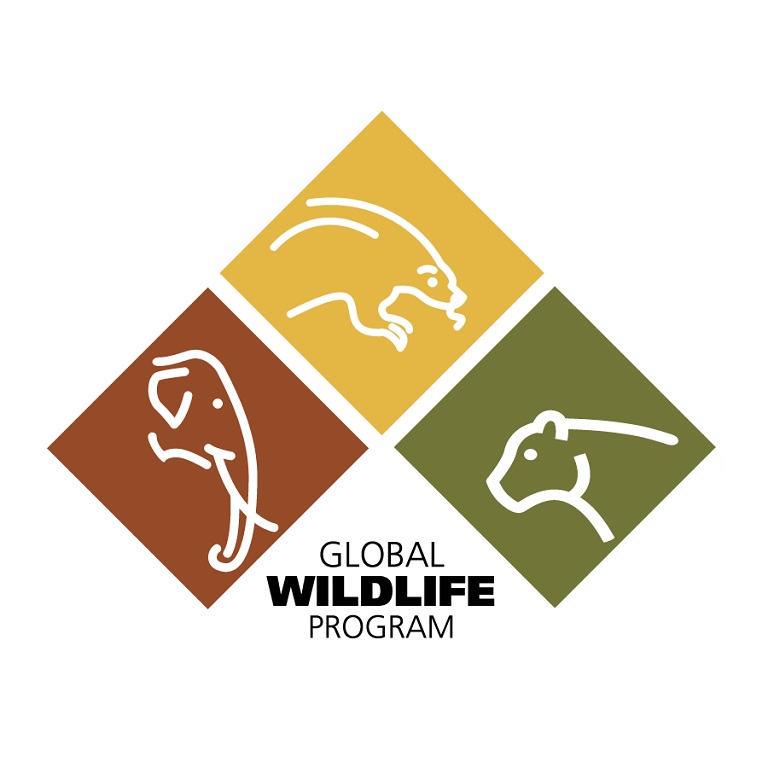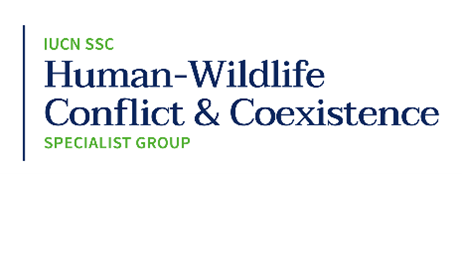Human-wildlife conflict (HWC) is an increasingly complex challenge that impacts both biodiversity conservation and sustainable development. Government representatives and members of project teams within the Global Wildlife Program (GWP) were invited to join the International Conference on Human-Wildlife Conflict and Coexistence that took place from March 30 to April 1, 2023, in Oxford, UK. The conference was organized by the IUCN SSC Human-Wildlife Conflict & Coexistence Specialist Group and supported by the GWP and other key partners.
International Conference on Human-Wildlife Conflict
March 30-April 01, 2023
University of Oxford, United Kingdom

-
The International Conference on Human-Wildlife Conflict and Coexistence was the first global conference solely focused on HWC. It brought together participants from non-profit, government, academic, and donor institutions around the world, providing a forum for the exchange of knowledge and interdisciplinary discussions. The GWP delegation included 22 government focal points and project team members from 19 GWP countries across Africa, Asia, and Latin America and the Caribbean.
GWP delegates group photo
Although the main conference began on March 30, the GWP held a knowledge exchange with GWP teams a day prior. This session was focused on discussing the shifting context and drivers of increasing HWC in their countries, as well as priorities to strengthen community engagement, policy, and use of technology. Following this session, GWP delegates participated in three short training courses on communicating with media, social marketing and behavior change, and how to develop insurance schemes for HWC.GWP participants introducing themselves and discussing their HWC country contexts during the GWP session
On the opening day of the conference, GWP Program Manager Lisa Farroway gave keynote remarks followed by the session Enabling coexistence – the role of policies in mitigating HWC, in which GWP consultant Alexandra Zimmermann presented preliminary findings of a global perceptions survey on HWC. Following the presentation, government representatives from India, Namibia, Mozambique and Canada, as well as representatives from the Elephant Protection Initiative and Global Snow Leopard and Ecosystem Protection Program, presented on how countries were prioritizing HWC in their national and regional biodiversity agendas and discussed the role of national policies in managing HWC. You can view the agenda for this session in the ‘Agenda’ tab.

In addition to the GWP-led sessions, participants also attended keynote and parallel sessions that covered different aspects of HWC management and mitigation.
Key takeaways from these sessions included:
- Conflicts between humans and wildlife are inevitable as changes in land use and the overlap between natural resources such as land and water increase with a growing human population. Thus, while the pursuit of coexistence is a goal, activities to get there must be understood as a continuous process.
- Human-wildlife interactions can have adverse impacts on the livelihoods of people living near wildlife, which can further exacerbate poverty and undermine well-being. It is important to understand and measure these impacts both quantitatively and qualitatively to reduce vulnerability of communities and increase their resilience against HWC shocks.
- HWC is a multi-sectoral, multi-stakeholder challenge so one of the key elements for coexistence is to ensure there is participation and consultation from a variety of representatives who are affected by HWC and have the responsibility to manage it. Within the consultations, goal setting needs to be carried out, so it is clear what outcomes each party/stakeholder is trying to achieve.
- National guidelines and country-specific HWC strategies are important to the long-term management of this issue. Through policies, governments can engage other sectors and mainstream HWC into their biodiversity agendas. They can also help leverage finances from other sectors like agriculture, disaster risk management and recovery, and climate change. Additionally, having legal frameworks in place can also provide the structure for HWC insurance or social relief schemes.
- There is a need for governments and practitioners to talk with media representatives to ensure their reporting on HWC situations does not harm or increase the level of conflict, but instead provides understanding of the complexity of the issue. Factual and balanced reporting by the media can help influence public opinion and increase tolerance towards wildlife.
A key outcome from the conference was the validation that HWC is an increasing and important issue across regions and a priority topic for GWP countries. HWC has also emerged as a priority issue in the new GEF-8 Wildlife Conservation for Development Integrated Program, with all 15 participating countries interested at concept note phase in addressing HWC through their GEF-8 projects. The GWP will continue to organize knowledge exchanges and share resources on this topic as a follow up to the conference.
-
The link to the conference program is available here.
The agenda for the GWP-led session on Enabling Coexistence – The Role of Policies in Mitigating Human-Wildlife Conflict is below.
Time (GMT) Activity 4:15 pm
Welcome
- Lisa Farroway, Program Manager, GWP, World Bank
4:20 pm Scene Setting
- Alexandra Zimmermann, GWP Technical Advisor on HWC, and Chair IUCN SSC Human-Wildlife Conflict & Coexistence Specialist Group
Panel Discussion – Prioritizing HWC in the Biodiversity Agenda
- Celmira da Silva, Director General, National Administration of Conservation Areas (ANAC), Mozambique
- Koustubh Sharma, Director, Science and Conservation, Snow Leopard Trust and International Coordinator, Global Snow Leopard and Ecosystem Protection Program
- Greta F. Iori, Director of Programme Development, Elephant Protection Initiative Foundation
5:05 pm Audience Q&A 5:10 pm Panel Discussion – Role of Policies in HWC Management
- Rakesh Jagenia, Deputy Inspector General of Forest (Wildlife) Ministry of Environment, Forests, and Climate Change, India
- Richard Fryer, Control Warden for Human-Wildlife Conflict Management and Conservation Hunting, Ministry of Environment, Forestry and Tourism, Namibia
- Steve Michel, National Human-Wildlife Conflict & Coexistence Management Officer, Parks Canada, Canada
5:40 pm Close and Wrap-Up
- Lisa Farroway, Program Manager, GWP, World Bank
In partnership with

